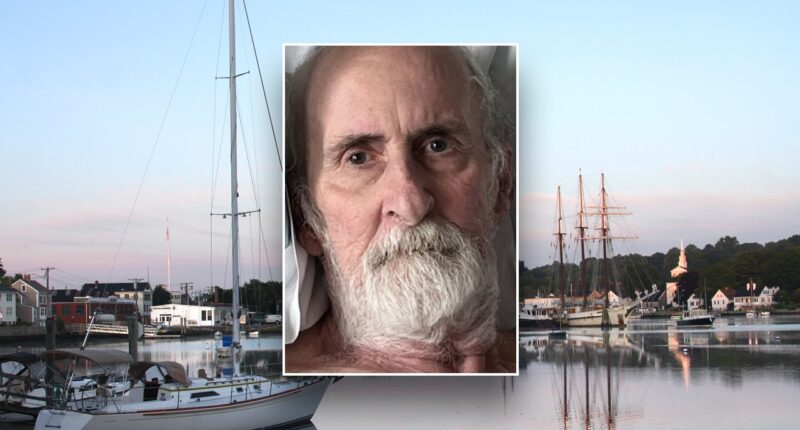Authorities in Groton, Connecticut, revealed on Monday that a man has been taken into custody in relation to the killing of 58-year-old Suzanne Wormser. Her dismembered body was discovered packed in a suitcase near a cemetery on March 19.
Donald Coffel, the 68-year-old roommate of Wormser, faces charges of murder, tampering with physical evidence, and disposing of a deceased body in Connecticut Superior Court. Police located Wormser’s remains on March 19, although it is believed that her body was left at the cemetery in mid-March.
“The victim and the suspect were acquainted with each other. This was a premeditated act,” stated Groton Police Department Chief David Burton at a press conference held on Monday to announce Coffel’s apprehension.
Burton added that police searched another crime scene at the Groton residence Coffel and Wormser shared on April 17 and interviewed Coffel, a person of interest at the time who later became the primary suspect.
“Her family is still suffering and grieving her loss,” Bruckhart said.
A medical examiner found Leary’s cause and manner of death to be undetermined, but Bruckhard said there is no “indication that there’s any criminal involvement.”

New Haven police do not suspect any criminal activity in Denise Leary’s death at this time. (iStock)
“That doesn’t mean that we can definitively say there was not, but … in the totality of what we saw in our investigation, there was nothing to indicate that she was murdered,” the officer said.
“It’s easy to speculate, but that’s not something that we, the police, have necessarily the luxury of doing.”
Regarding the Wormser case in Groton, Bruckhart said police are “not seeing any links, certainly between Denise and anyone else,” and they also do not see a connection between Coffel “and the city of New Haven in general.”
“In a case of an alleged serial killer, if there was some connection that we had or that we saw, or it was a particular area, or there was a motive or whatever, we would want to put that out because we want to protect the public,” Bruckhart said. “That’s what we do. Now, that’s not to say that we would put out everything that we know, because again, if we’re trying to catch this person. Holding some of those facts and not publicizing them might help the investigation, might help that person get caught. In the case of Denise, we don’t see any of that.”
A Facebook group making unsubstatiated connections between the cases, which was formerly called “New England Serial Killer,” has changed its name due to the social media company’s policies and now has more than 68,000 followers.

















